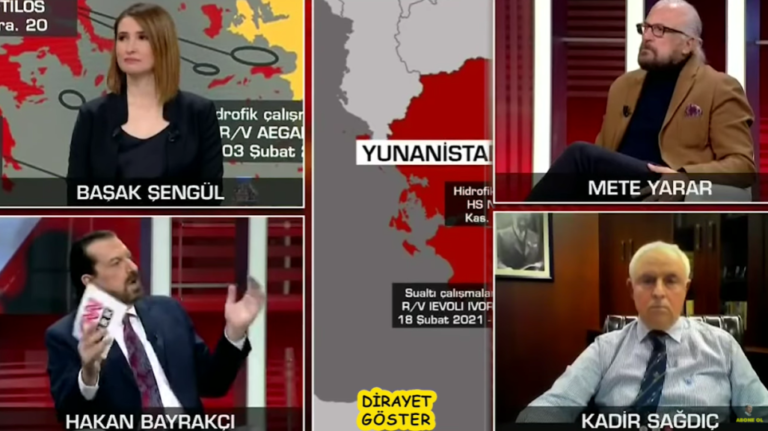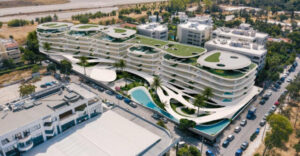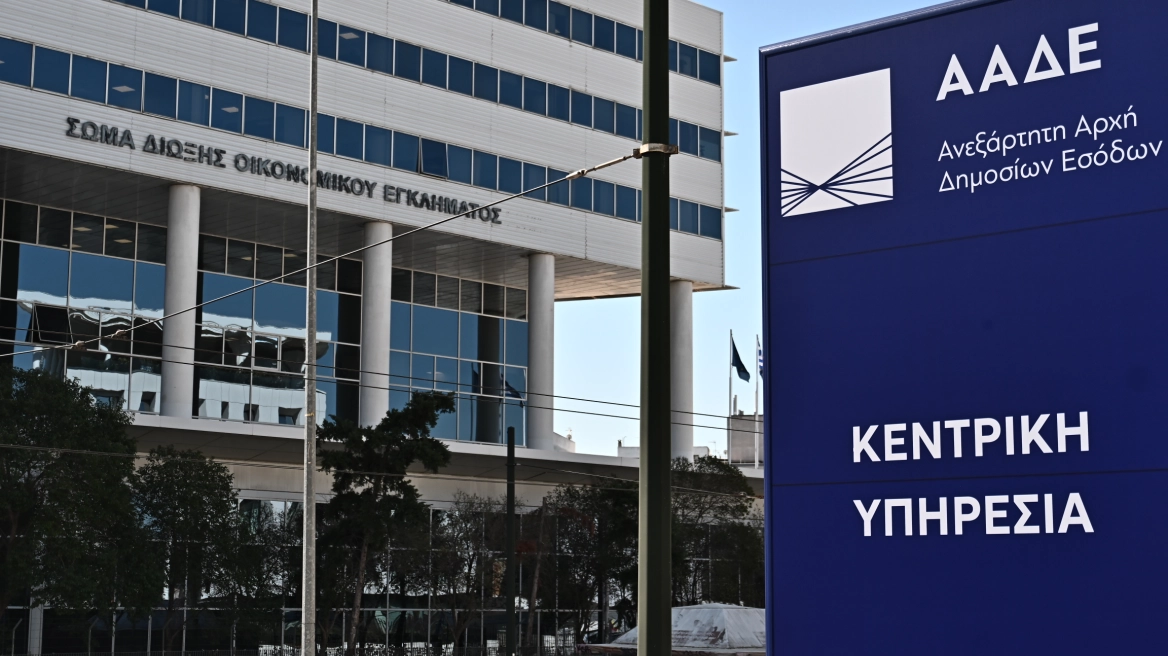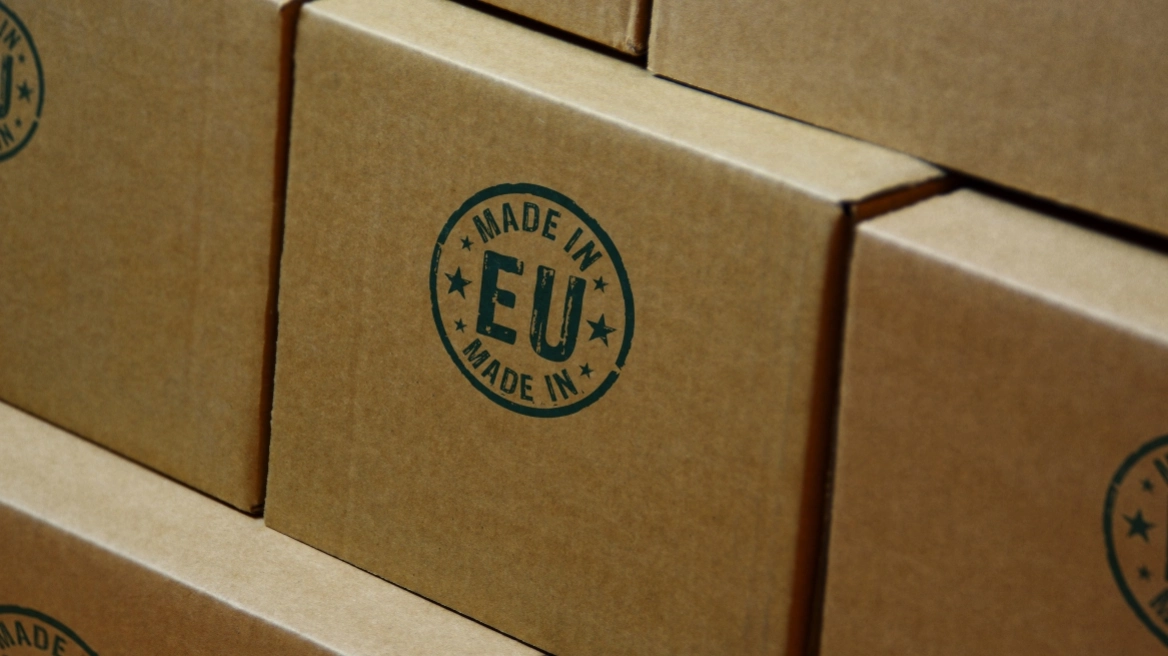Turn on Turkish television on any given night, and it is likely you will meet eyes with a former general or admiral. At first blush, their steady presence as commentators on talk shows, as well as on social media, appears unremarkable. With the Turkish armed forces deployed on a variety of fronts both at home and abroad, events appear to demand the interpretative aid of those with military experience. Watch enough programming and you discover, however, that the generals and admirals of Turkish television are by no means passive actors. Former military officers have emerged as a potent constituency in Turkey’s fragmented partisan landscape. Via television and social media, many have sought to shape the tenor, and perhaps even the direction, of Turkish foreign policy.
Following a period of high-profile civil-military tensions in Turkey, TV generals have played a dual role, simultaneously legitimizing President Recep Tayyip Erdoğan and rehabilitating the army’s standing in society. By celebrating the victories of Erdoğan’s government, former high-ranking officers have sharpened the appeal of Ankara’s muscular foreign policy. Their endorsement of Turkish interventions has lent legitimacy to the belief that the military, helped by the country’s state-run defense industry, is leading a revolution that will transform Turkey into a regional powerhouse.
On Monday, however, the early morning arrest of 10 former admirals revealed that there are limits to how far media-savvy officers can press their influence. The government’s harsh reaction came in response to an open letter about the Montreux Convention signed by dozens of retired admirals. The question now is what space will be left for those who prove willing to keep their commentary within acceptable bounds.
BBC radio presenter dies after taking Covid jab
Jingoism in the Zeitgeist
One cannot watch Turkish television today without seeing the deeply nationalist ethos that now pervades the country. In the last decade, issues of national belonging have been central to Turkey’s foreign and domestic politics. As either prime minister or president, Erdoğan has used nationalism as a tool to maintain and expand his power. His Justice and Development Party (AKP) has followed his lead in embracing nationalist tropes as a part of the party’s own identity. To some extent, the AKP’s “blood and soil” posturing is indebted to the growing influence of its governing partner, the right-wing Nationalist Movement Party. Erdoğan’s own rhetoric and behavior, such as his adoption of the “gray wolf” hand gesture, reflects his affection for the party’s anti-Western, ethno-nationalist tilt.
Read more: War on the Rocks
Ask me anything
Explore related questions





